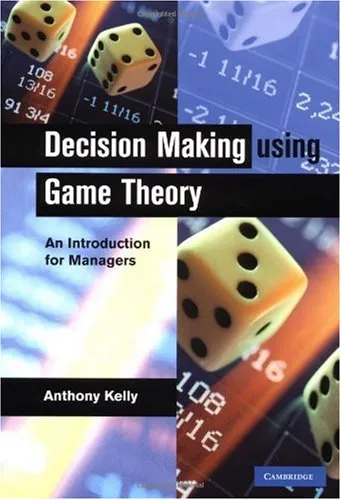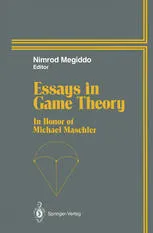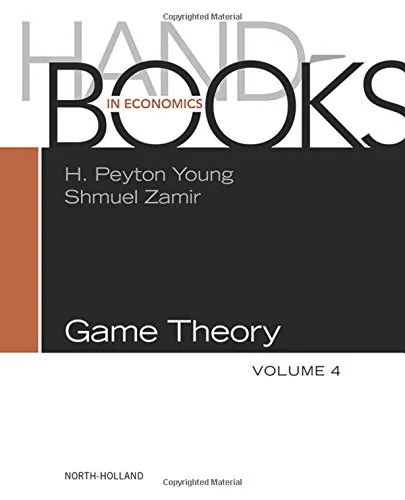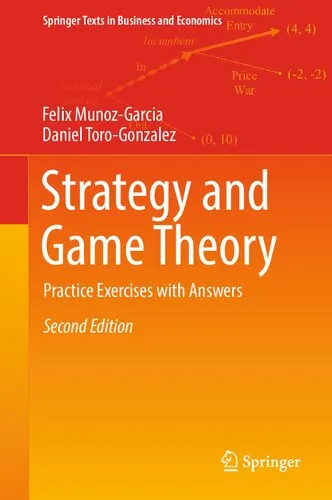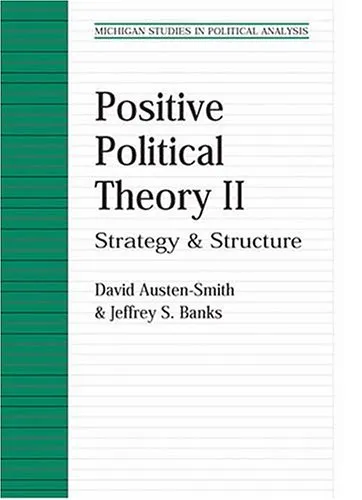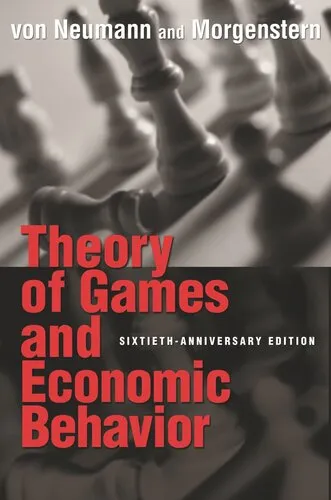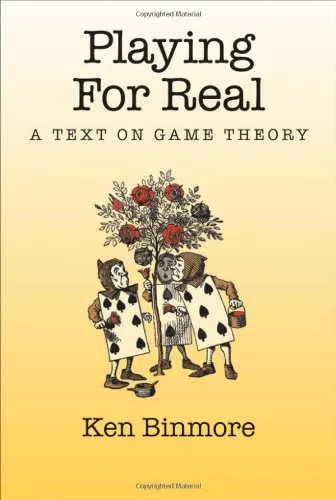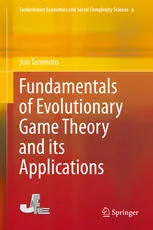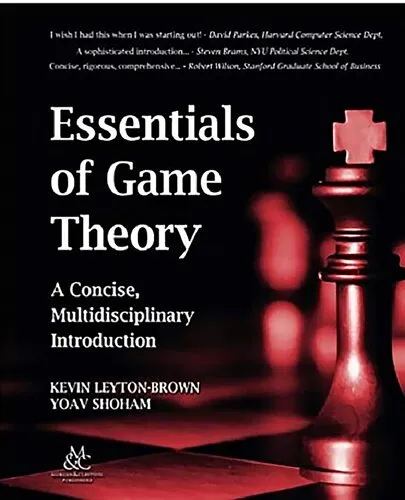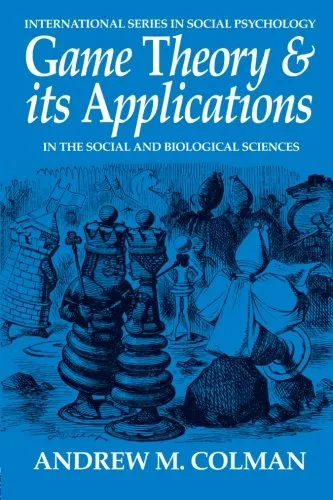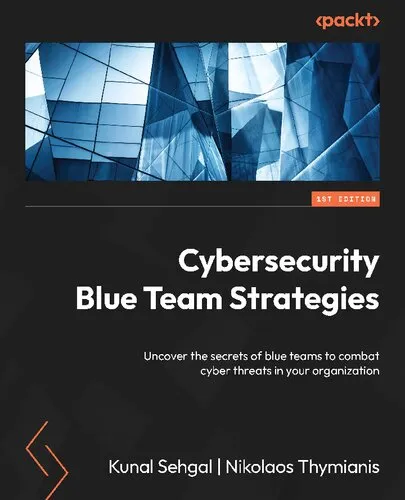Decision Making using Game Theory: An Introduction for Managers
4.2
Reviews from our users

You Can Ask your questions from this book's AI after Login
Each download or ask from book AI costs 2 points. To earn more free points, please visit the Points Guide Page and complete some valuable actions.Related Refrences:
Introduction to Decision Making using Game Theory: An Introduction for Managers
Welcome to the world of strategic thinking and optimal decision-making! "Decision Making using Game Theory: An Introduction for Managers" serves as an accessible yet comprehensive guide to understanding and applying game theory principles in real-world managerial decisions. In this book, I aim to break down the complex elements of game theory into practical and easy-to-digest concepts that empower managers to make informed, strategic, and competitive decisions in their organizations. Whether you’re managing a small team or a large corporate department, this book provides valuable insights into navigating the dynamic interplay of competition, collaboration, and strategy.
Detailed Summary of the Book
Game theory, a mathematical approach to modeling competitive and cooperative interactions, holds transformative potential for today’s managers. This book bridges the gap between theoretical constructs and practical applications, ensuring that even those with no prior knowledge of game theory can understand and implement its concepts. The content is structured to gradually build your understanding, starting from foundational theories such as Nash equilibrium and zero-sum games, and advancing to more complex topics like mixed strategies, bargaining scenarios, and repeated games.
Each chapter focuses on real-life business scenarios to illustrate how game theory can help in optimizing decision-making processes. The emphasis is not solely on making the "right" decision but on understanding and anticipating the actions of competitors, partners, and other stakeholders. Concepts like payoff matrices, dominance strategies, and backward induction are contextualized using practical examples such as pricing decisions, contract negotiations, resource allocation, and competitive market strategies.
Throughout the book, illustrative examples, exercises, and case studies ensure an engaging and interactive learning experience. By the end of this journey, managers will gain confidence in leveraging game theory tools to solve complex business problems, negotiate effectively, and adapt to a multi-agent strategic environment.
Key Takeaways
- Understand the basic principles of game theory and their relevance to decision-making.
- Learn to construct and analyze payoff matrices for strategic decision scenarios.
- Master the concept of Nash equilibrium and apply it in varied business contexts.
- Explore zero-sum games and their application in competitive situations.
- Analyze situations involving mixed strategies and repeated games to maximize outcomes over time.
- Gain insights into cooperative game theory, bargaining theories, and their role in negotiations.
- Apply practical strategies for optimizing decisions in real business situations.
Famous Quotes from the Book
“Strategic decision-making isn't about choosing blindly; it's about anticipating actions, reactions, and outcomes.”
“In the realm of business, every player is a strategist. Game theory teaches you to play the game with foresight and purpose.”
“The essence of strategy is not competition alone, but the art of collaboration when it yields superior long-term results.”
Why This Book Matters
In today’s fast-paced and interconnected business landscape, managers frequently face challenges that require balancing short-term gains with long-term objectives, dealing with imperfect information, and managing interactions among competitive and cooperative players. "Decision Making using Game Theory" is a powerful tool for navigating these challenges.
Unlike traditional management theories that focus solely on internal decision-making, game theory provides a dynamic framework for understanding and dealing with external variables, such as competitor behavior, market changes, and collaborative opportunities. This makes it an indispensable resource for strategic planners, team leaders, and decision-makers.
By demystifying the core principles of game theory and applying them in a managerial context, the book equips readers with the skills to think critically and strategically in complex environments. With globalization, digital transformation, and constant market evolution reshaping industries, this book offers timeless concepts to stay ahead in your game. Its real-world significance ensures that you not only learn but also practice the art and science of strategic decision-making effectively.
Ultimately, this book serves as more than just a manual—it is a guide to mastering the game of decision-making for sustained success in any competitive arena.
Free Direct Download
You Can Download this book after Login
Accessing books through legal platforms and public libraries not only supports the rights of authors and publishers but also contributes to the sustainability of reading culture. Before downloading, please take a moment to consider these options.
Find this book on other platforms:
WorldCat helps you find books in libraries worldwide.
See ratings, reviews, and discussions on Goodreads.
Find and buy rare or used books on AbeBooks.
1467
بازدید4.2
امتیاز0
نظر98%
رضایتReviews:
4.2
Based on 0 users review
Questions & Answers
Ask questions about this book or help others by answering
No questions yet. Be the first to ask!
